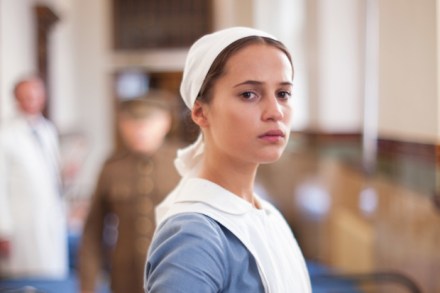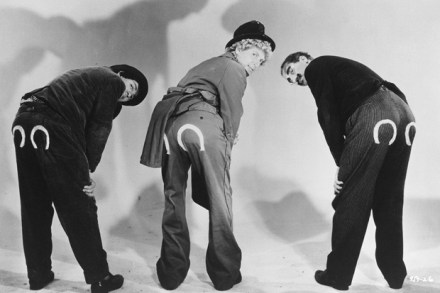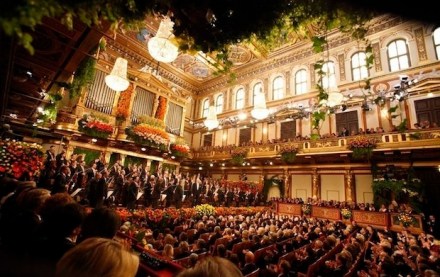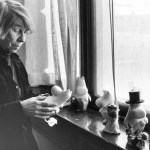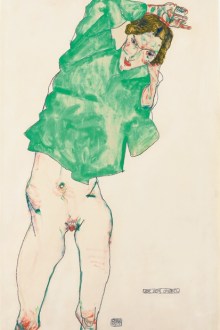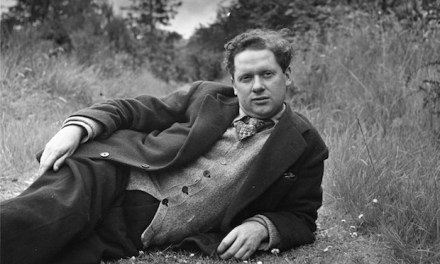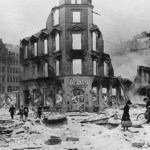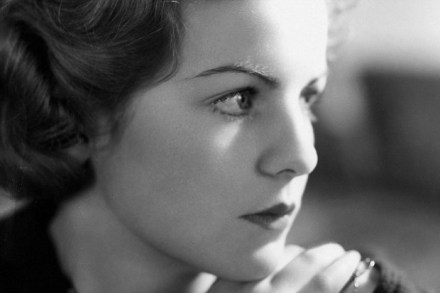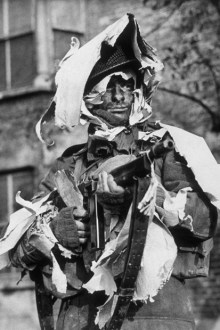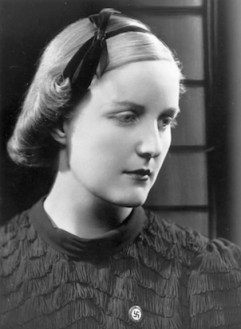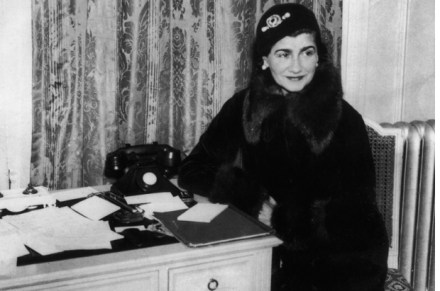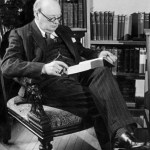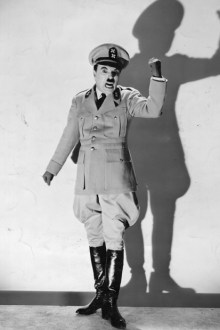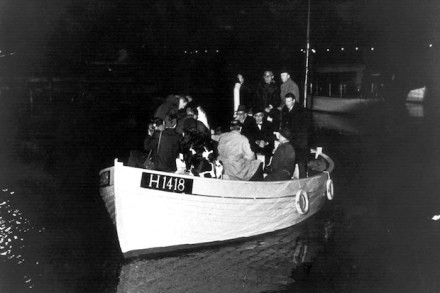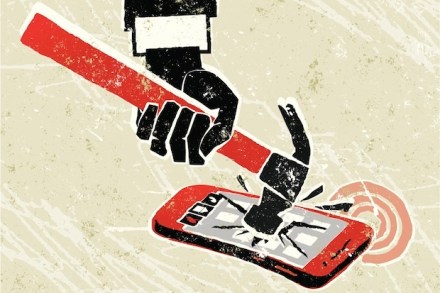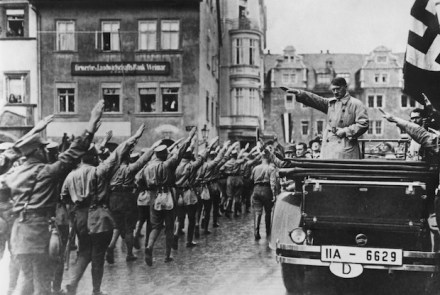Shirley Williams: Saving my mother from the scriptwriters
Shirley Williams sits at the head of a table in a large conference room in Lib Dem HQ. She will be 85 this year, but still has a finger in many a pie, most of which we’re not to talk about here, including the predicted wipe-out of a generation of her party’s MPs at this year’s election. It’s one of the reasons she never made it to see the Tower of London poppies. Too busy. She also had to dash to Russia where she is on the board of the Moscow School of Political Studies. ‘It is all about teaching people about democracy and has fallen under the frown of
